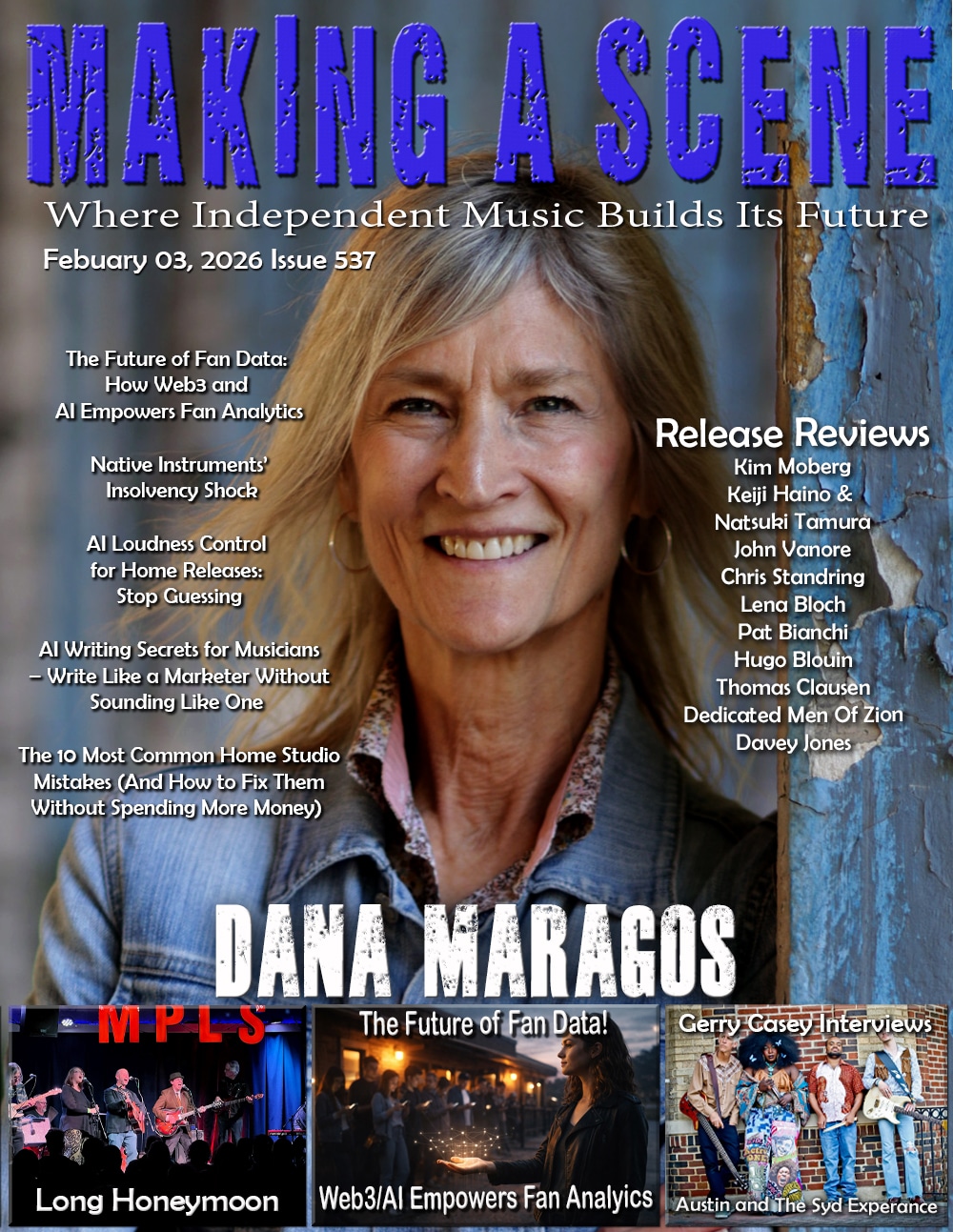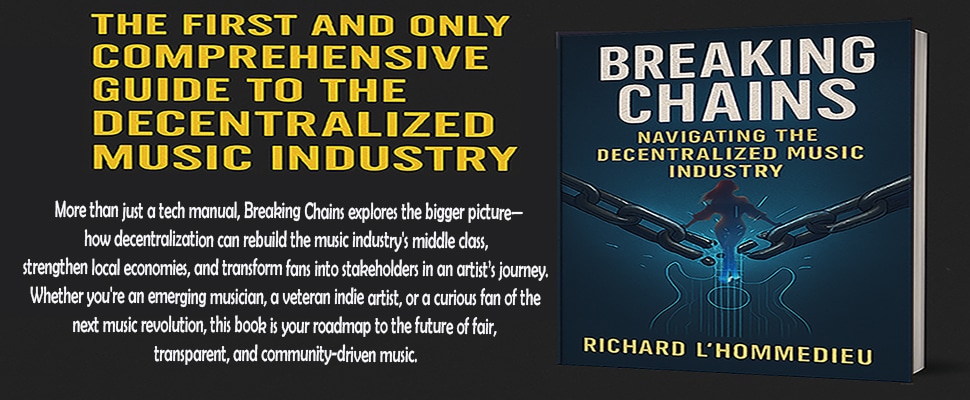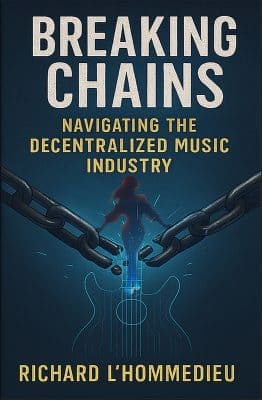Breaking Free: What Decentralization Means for Indie Musicians
Making a Scene Presents – Breaking Free: What Decentralization Means for Indie Musicians
Imagine a world where kings and queens ruled everything. If you wanted to sing in the streets, you had to pay the king. If you wanted to throw a party, you had to ask permission from the queen. That’s kind of how the traditional music industry works. Major record labels act like royalty, controlling who gets heard, who gets paid, and who gets left out.
Now, imagine instead of a king or queen, the people got to vote on everything. No one person ruled over everyone. Decisions were made by the community. That’s what decentralization is. It takes power away from the rulers and gives it back to the people. In music, decentralization means that artists and fans share control of the system instead of letting a few giant corporations make all the rules.
This may sound like a fairy tale, but it’s not. Right now, Web3 technology and blockchain are giving indie musicians the chance to build their careers without begging for scraps from labels or streaming platforms. The old system is crumbling, and a new one is rising from the ground up. Let’s dig into why this matters, how it works, and how indie artists are already winning with it.
Why the Current Music System Is Broken
Let’s talk about streaming. Spotify, Apple Music, Amazon Music—these platforms are like giant castles. They invite you in, but they make you play by their rules. On Spotify, for example, artists make an average of about $0.003 to $0.005 per stream. That means you need around 250 streams just to make a single dollar. For an indie artist, that’s brutal.
On top of that, most of the money doesn’t even go straight to the artist. There are middlemen everywhere—labels, publishers, managers, and distributors. It’s like walking through a hallway where everyone takes a slice of your pie before you even get a bite. By the time it reaches your plate, it’s just crumbs.
Even worse, streaming platforms decide what music gets pushed into playlists. Their algorithms are like gatekeepers who say, “This song can pass” and “That one can’t.” If you’re not already famous or backed by a big label, your chances of being heard are slim. It’s not about talent—it’s about connections and money.
This setup leaves indie artists stuck in a cycle of chasing streams while struggling to survive. Fans get hurt too, because they don’t get to directly support their favorite artists. They pay for subscriptions, but most of that money goes to big labels and top-charting acts.
Enter Web3: The People’s Revolution
So, what’s the alternative? Enter Web3. Think of Web3 as the internet’s next chapter, where ownership and control are shared instead of being locked up by a few corporations.
At the heart of Web3 is the blockchain. You can think of blockchain like a giant public notebook. Every transaction—whether it’s buying a song, voting on a project, or sending money—is written in the notebook where everyone can see it. No one can erase it, and no one can cheat it.
For music, this means artists can release songs, albums, and even concert tickets directly to fans. Payments go straight from fan to artist—no middlemen. Artists can also create NFTs (non-fungible tokens), which are like digital collectibles. These can be songs, albums, concert passes, or even special behind-the-scenes videos. Fans who buy them not only get something unique, but they also become part of the artist’s journey.
This is where DAOs come in. A DAO, or Decentralized Autonomous Organization, is like a fan club where everyone gets a vote. Instead of a label telling an artist what to release, the fans can vote on it directly. It’s democracy for music.
Real Indie Artists Already Doing This
This all sounds amazing in theory, but does it really work? Let’s look at some real indie artists who are already thriving in this decentralized music world.
Take RAC, an indie electronic artist and Grammy winner. Instead of signing a giant label deal, RAC released his own cryptocurrency called $RAC. Fans who held the token got access to exclusive content, private chats, and even input into his creative process. It wasn’t about chasing Spotify streams—it was about building a direct connection with his fans.
Another example is Daniel Allan, a young producer who funded his career using NFTs. On platforms like Catalog (https://catalog.works), which is a digital record store for one-of-one songs, he sold tracks directly to collectors. One of his early NFT releases raised over $36,000 in just a few days, money that would have taken millions of Spotify streams to earn.
Then there’s Latashá, an indie hip-hop artist who turned to Zora (https://zora.co), a platform for minting and selling NFTs. Instead of depending on labels, she built her own ecosystem where fans could buy music videos, songs, and artwork. She’s been able to live off her art in ways the old industry never allowed.
And we can’t forget about Audius (https://audius.co). Audius is like Spotify, but built on blockchain. Artists upload their music, and instead of pennies per stream, they can earn crypto and connect directly with fans. Artists like deadmau5 and Disclosure joined Audius early, but it’s also full of indie musicians who are finding new audiences without gatekeepers.
Platforms Leading the Charge
So where do indie artists start if they want to join this revolution? Let’s break down some of the platforms making decentralization possible.
Audius (https://audius.co) is a decentralized streaming platform where artists upload music and fans can listen for free. The difference is artists keep control, and the community owns the platform. No major label executives decide what’s popular—the people do.
Catalog (https://catalog.works) is like Bandcamp but supercharged with blockchain. Artists can release one-of-one songs as NFTs. Fans buy them not just as music, but as unique pieces of digital art. It creates scarcity, which makes the music more valuable.
Sound.xyz (https://sound.xyz) lets artists drop songs as limited edition NFTs. Fans who collect them become part of the song’s history. Imagine owning a digital vinyl of your favorite track that no one else can have.
Royal.io (https://royal.io) is a game-changer because it lets fans buy a share of a song’s royalties. That means if you invest in an artist’s track, you get paid every time that song earns money. Fans literally become partners in the music.
Opulous (https://opulous.org) focuses on DeFi (decentralized finance) for music. Artists can use their songs as collateral to get loans or funding, without giving away ownership to labels.
Zora (https://zora.co) is an open marketplace for NFTs where artists can sell anything from songs to videos to artwork. It’s a playground for creativity.
Together, these platforms are like building blocks for a new music industry. Instead of a castle run by kings and queens, it’s a village run by the people.
Fans Become the Power
The most exciting part of decentralization is what it means for fans. In the old system, fans were just customers. You bought a ticket, you streamed a song, you clapped at the show. But you didn’t really have power.
In the decentralized world, fans become partners. When they buy an NFT or a token, they’re not just spending money—they’re investing in the artist’s future. They get access to special events, private communities, or even voting rights in DAOs. It’s like being part of the band without playing an instrument.
This creates something the old industry never could: real loyalty. Fans don’t just consume the music; they help shape it. They’re not just cheering from the audience—they’re building the stage.
Taking Back the Industry
Decentralization is not just a cool tech trend. It’s a rebellion. For decades, artists have been told to be grateful for whatever crumbs the industry gave them. Labels said, “Without us, you’d never be heard.” Streaming platforms said, “Without us, you’d never get fans.” But now, artists are proving that’s not true.
With Web3 tools, indie musicians can own their work, control their careers, and connect with fans like never before. It’s not about chasing playlists—it’s about building communities. It’s not about begging for deals—it’s about creating your own economy.
And here’s the secret: artists and fans together are powerful enough to make this happen. The kings and queens of the old industry only had power because we gave it to them. When artists and fans take it back, the whole system changes.
The Road Ahead
We’re still early in this journey. Web3 platforms are new, and not everyone understands them yet. But that’s okay. Every revolution starts small. The important thing is that the tools are here, and indie artists are already using them to change their lives.
Think of it like the early days of the internet. Back then, people said websites were just a fad. Now, you can’t imagine life without them. The same thing is happening with decentralized music. In a few years, it won’t be some weird new idea—it will just be how the industry works.
So if you’re an indie musician, don’t wait for the old system to throw you a bone. Build your own world. Try Audius. Release a track on Catalog. Experiment with Sound.xyz or Royal.io. Invite your fans to join you in a DAO. The future is wide open, and it belongs to you.
Final Thoughts
Decentralization is more than a buzzword. It’s about flipping the script. Major labels are kings, but DAOs are democracies. Streaming platforms are castles, but blockchain is the village square. And in this square, artists and fans stand together, free to build, share, and own their music world.
The chains of the old music industry are breaking. The question is, will you stay inside the castle, or will you walk into the village and join the people’s revolution?
If you want to find out more about the decentralized Music Industry and how you can make a difference check out “Breaking Chains: Navigating the Decentralized Music Industry:
 |  Spotify | 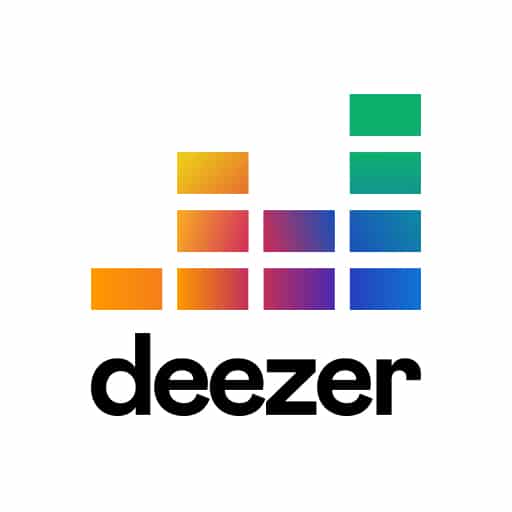 Deezer | Breaker |
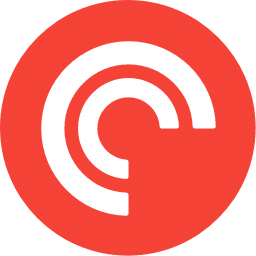 Pocket Cast | 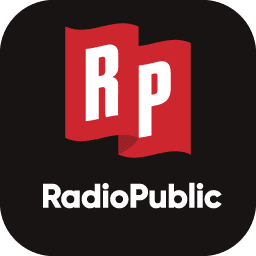 Radio Public | 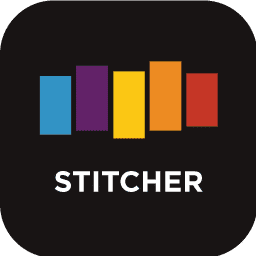 Stitcher | 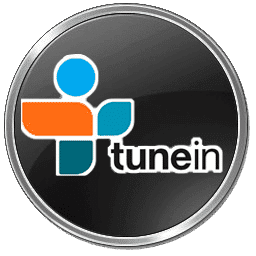 TuneIn |
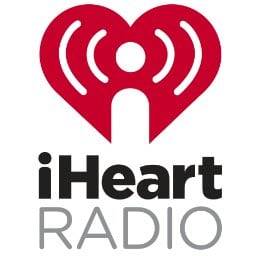 IHeart Radio |  Mixcloud |  PlayerFM | 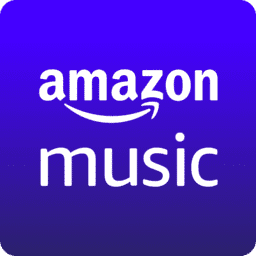 Amazon |
 Jiosaavn |  Gaana | Vurbl | 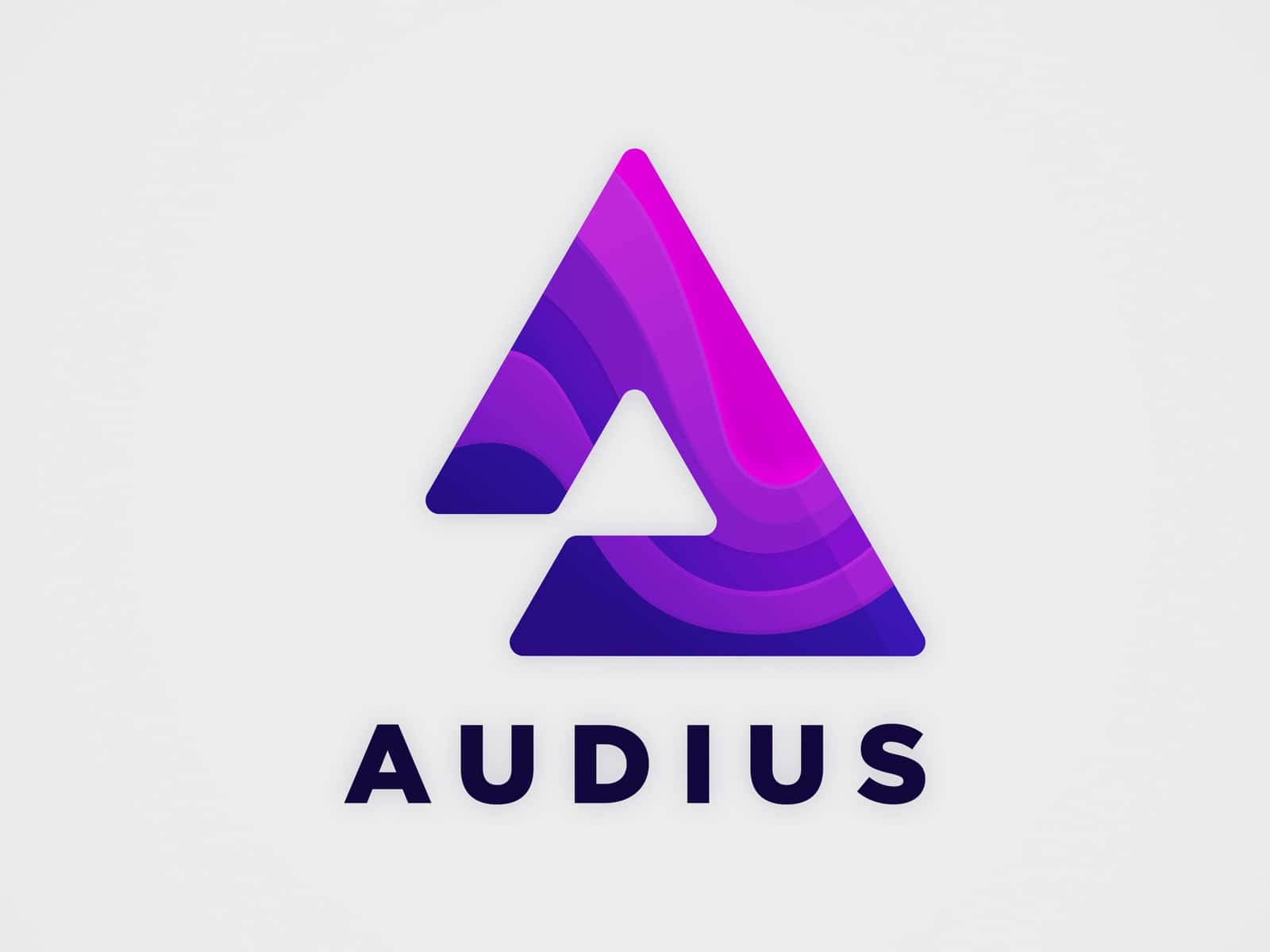 Audius |
Reason.Fm | |||
Find our Podcasts on these outlets
Buy Us a Cup of Coffee!
Join the movement in supporting Making a Scene, the premier independent resource for both emerging musicians and the dedicated fans who champion them.
We showcase this vibrant community that celebrates the raw talent and creative spirit driving the music industry forward. From insightful articles and in-depth interviews to exclusive content and insider tips, Making a Scene empowers artists to thrive and fans to discover their next favorite sound.
Together, let’s amplify the voices of independent musicians and forge unforgettable connections through the power of music
Make a one-time donation
Make a monthly donation
Make a yearly donation
Buy us a cup of Coffee!
Or enter a custom amount
Your contribution is appreciated.
Your contribution is appreciated.
Your contribution is appreciated.
DonateDonate monthlyDonate yearlyYou can donate directly through Paypal!
Subscribe to Our Newsletter
Order the New Book From Making a Scene
Breaking Chains – Navigating the Decentralized Music Industry
Breaking Chains is a groundbreaking guide for independent musicians ready to take control of their careers in the rapidly evolving world of decentralized music. From blockchain-powered royalties to NFTs, DAOs, and smart contracts, this book breaks down complex Web3 concepts into practical strategies that help artists earn more, connect directly with fans, and retain creative freedom. With real-world examples, platform recommendations, and step-by-step guidance, it empowers musicians to bypass traditional gatekeepers and build sustainable careers on their own terms.
More than just a tech manual, Breaking Chains explores the bigger picture—how decentralization can rebuild the music industry’s middle class, strengthen local economies, and transform fans into stakeholders in an artist’s journey. Whether you’re an emerging musician, a veteran indie artist, or a curious fan of the next music revolution, this book is your roadmap to the future of fair, transparent, and community-driven music.
Get your Limited Edition Signed and Numbered (Only 50 copies Available) Free Shipping Included
Discover more from Making A Scene!
Subscribe to get the latest posts sent to your email.
